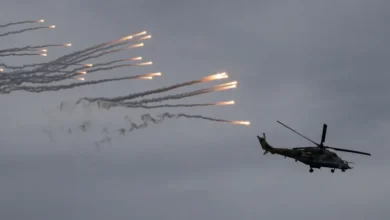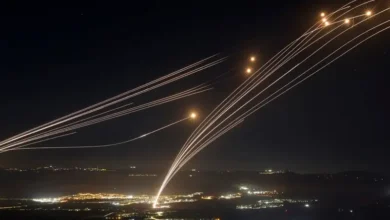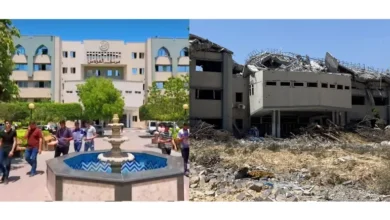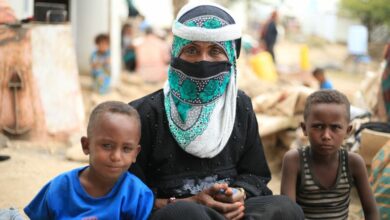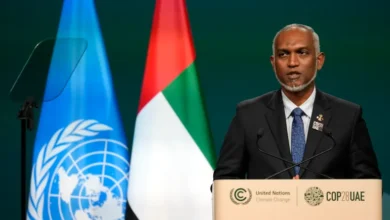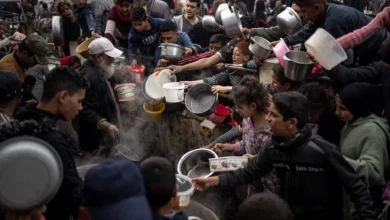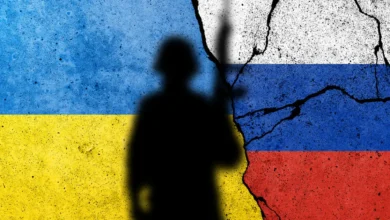‘No more silence’: Israelis face Gaza war backlash on Sri Lanka’s beaches

The sun hung low over the Indian Ocean, casting an amber glow on the waves as a heated argument erupted in Arugam Bay, a popular beach in eastern Sri Lanka.
In the water, a group of local surfers were engaged in a dispute with Israeli tourists that kicked off over surf etiquette – or rather, from the perspective of the Sri Lankans, a lack of it.
Jeevan Hall, an internationally acclaimed Sri Lankan surfer, was in the lineup of the surf when he encountered an Israeli tourist repeatedly taking waves without leaving any for others. Frustrated, Hall approached the tourist – an off-duty soldier of the Israeli army – and asked him to respect the surfing code of conduct and share the waves.
What started as an innocuous request quickly escalated into a tiff. Two of the soldier’s friends, also Israeli soldiers on a break, joined in. The three started paddling around him in the water, hurling insults in Hebrew.
Other surfers rushed to support Hall, only to be met with accusations from the Israelis: “You only have issues with us because of the war.”
Hall knew the soldiers were referring to Israel’s war on Gaza. He quickly clarified that his frustration had nothing to do with politics but with the soldier’s blatant disregard for surf manners.
“This is a very common thing that happens in Arugam Bay,” Hall later told Al Jazeera.
But there is a reason why the Israeli soldiers referred to the war that is on a tenuous pause for the moment because of a ceasefire. In Sri Lanka, as in many other parts of the world, they are no longer as welcome as before.
Trouble in paradise
For decades, Sri Lanka has been a haven for international tourists seeking its pristine beaches, world-class surf, and a slice of tropical paradise – all at a relatively lesser cost than similar sites in other parts of the world.
Among the visitors, young Israeli tourists have carved out a notable presence, particularly the reservists – Israelis who have come out of the country’s compulsory military service.
